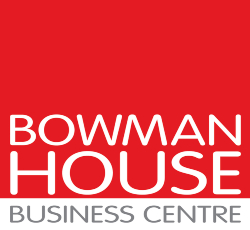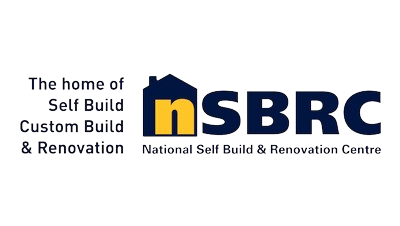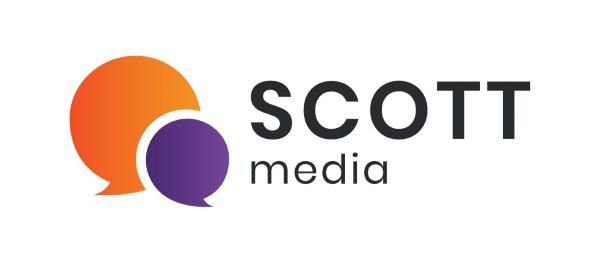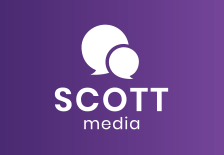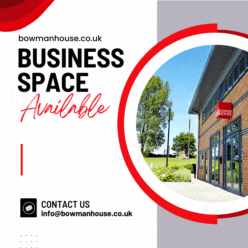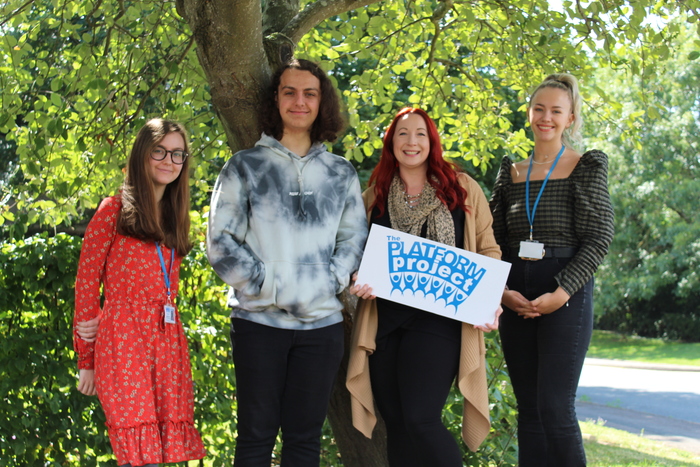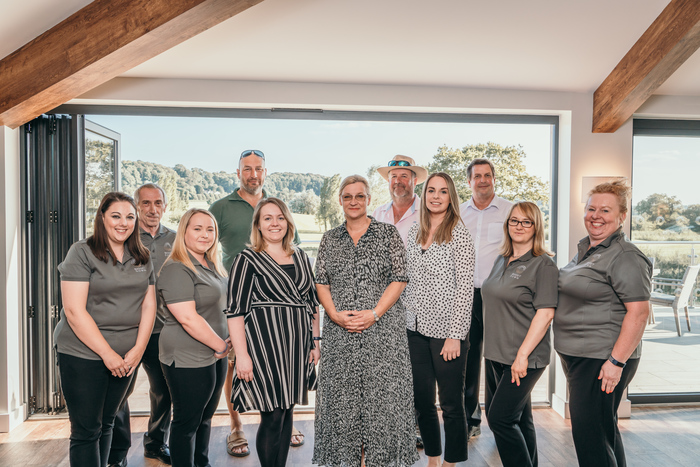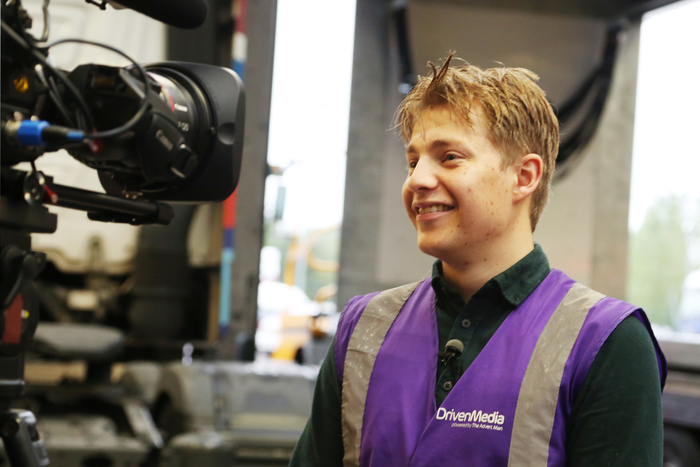FIVE SIGNS HYBRID WORKING IS NOT FUNCTIONING IN YOUR ORGANISATION
By Caroline Esterson, co-director of Genius Learning
Don’t get me wrong. I’m excited about the opportunities that hybrid working brings for organisations and their people. This is not an abstract argument for stopping it.
It’s a warning that today’s ‘good enough’, which saw us through the pandemic, is just not good enough for a new, more permanent model of working.
People had been craving more flexibility from work for some time yet organisations were reluctant to provide it for fear of losing control and a drop in performance.
Finally, Covid19 forced their hand, and many were pleasantly surprised that productivity didn’t suffer as expected.
But at what cost? In a recent CMI survey, one respondent said, ‘it’s less like working from home and more like sleeping in the office,’ and The Work Trends Index conducted by Microsoft suggests that people think their organisations are expecting too much from them.
Work is no longer where you go but what you do.
Providing a stable hybrid model of working challenges organisations to explore the full impact of this new dynamic. People need to have the requisite skills to perform in this more flexible environment. Both managers and their colleagues need new skills to connect, communicate and solve problems.
So, let’s consider five signs that might indicate hybrid working is not as good a solution as it could be in your organisation.
1. You measure what people do rather than their value.
KPIs or OKRs remain the same as before. So much of the value that people bring to work is outside traditional measures of performance. Working remotely forces an intensity that is absent in the office.
It isn’t only managers that worry about performance. Non-decision-making staff also feel the pressure for being ‘on it’ all the time, and a ‘just one more thing’ syndrome is fast developing without the boundaries for switching off.
Continuing to measure solely on productivity diminishes the scale and value that people bring with them to work. In a hybrid environment, you need to consider broader aspects of performance that contribute to your organisation’s success and focus attention on this to encourage its adoption.
We all know, for example, that in this ever-changing landscape, continuous learning is vital for an organisation to thrive. Therefore measures need to be implemented that encourage people to refocus time away from the task in hand towards constant development rather than being an add-on. You simply fit in when you can. Organisations need to redefine productivity to focus on and include measures like collaboration, learning and wellbeing.
2. Managers’ expectations are implicit, not explicit.
Hybrid working brings with it a whole heap of unstated expectations. For example, flexibility is expected, but the unspoken biases and expectations of your team and line manager will influence people’s confidence and behaviours. A clear policy of flexibility will not counteract this pull.
In an office, many social norms and cultural expectations are implied, observed and replicated. In a hybrid model, this behaviour does not follow suit. Expectations, boundaries and guidelines need to be explicit.
People can feel isolated and unsure without these, and all of this takes its toll on performance and wellbeing.
3. There are limited formal or informal mentoring and networking opportunities.
Many of your people will already have well-established relationships on which to draw. But equally, many won’t.
New starters, eager to make a difference, will suffer from the lack of opportunities to meet people – the chance chat in the loos or the coffee machine, bumping into someone in the corridor or on the stairs and sharing a table over lunch all provide crucial moments with which to connect. These chance meetings provide meaningful opportunities that are dramatically limited in a hybrid model.
Therefore, the organisation needs to design, more formally, these opportunities for all staff. A part of this could be establishing a mentoring network for all staff. This connection is a superb way to create a cross-pollination of ideas and introduce people to others.
Many organisations shy away from mentoring because of time constraints and the fear of blurring traditional reporting boundaries. However, in a hybrid model, mentoring is even more critical to allow intellectual capital to flourish. Organisations need to recognise and value the introducers, the connectors and the resource investigators who pathe the way for great things to prosper.
4. You rely on people telling you everything is OK.
In the office, you can tell if someone is off–par or feeling confused. You can sense it. In-person, our communication is short-circuited through the use of all our senses. You know what it’s like; sometimes, you can finish other people’s sentences or draw on their energy.
You can’t do this virtually or even in a hybrid world. You are simply not with them enough to interpret their behaviour in the same way. As such, we all need to learn a new language of communication that demands more patience and clarity. We need to know how to ask questions, listen to the answers, and of course, see what is behind the answers. Equally, we need to learn to express ourselves openly, honestly, and directly.
For some organisations, this might be a fundamental cultural shift and will require extensive support. It is about creating a climate of inclusion and fairness.
5. You’re experiencing or in danger of experiencing a skills shortage
According to The Open University, 61% of business leaders say they are already experiencing a skills shortage leading to a heavy financial burden of increased costs associated with recruitment, inflated salaries, temporary staffing and an increase in training. But it is not just a financial burden they are feeling. Many also say that it is making their organisation less agile.
This lack of agility holds a significant risk when operating in a changeable economic, political and technological climate where skills like adaptability, critical thinking, communication and personal leadership are intrinsic to success. This gap is only going to get more significant with hybrid working unless you take action now.
Without taking stock of these issues, many organisations will muddle through and then simply revert to the old ways as soon as possible because they are familiar and easier to handle. Change is tough. Muddling through will lose your key staff, leave performance to chance and threaten your survival. The skills needed in this different environment are new to many people. The key to your success is your ability to reconnect them to the organisation’s purpose and role in its success.
This hybrid model demands that organisations re-onboard all staff to help connect them to this way of working and what it means for the organisation, their teams and individuals. In doing this, you really do get the best of both worlds. You can look forward to your organisation thriving with new energy and adaptability to provide solid foundations for any change that might be around the corner to challenge you.
To find out more about Genius Learning visit https://www.inspireyourgenius.com


